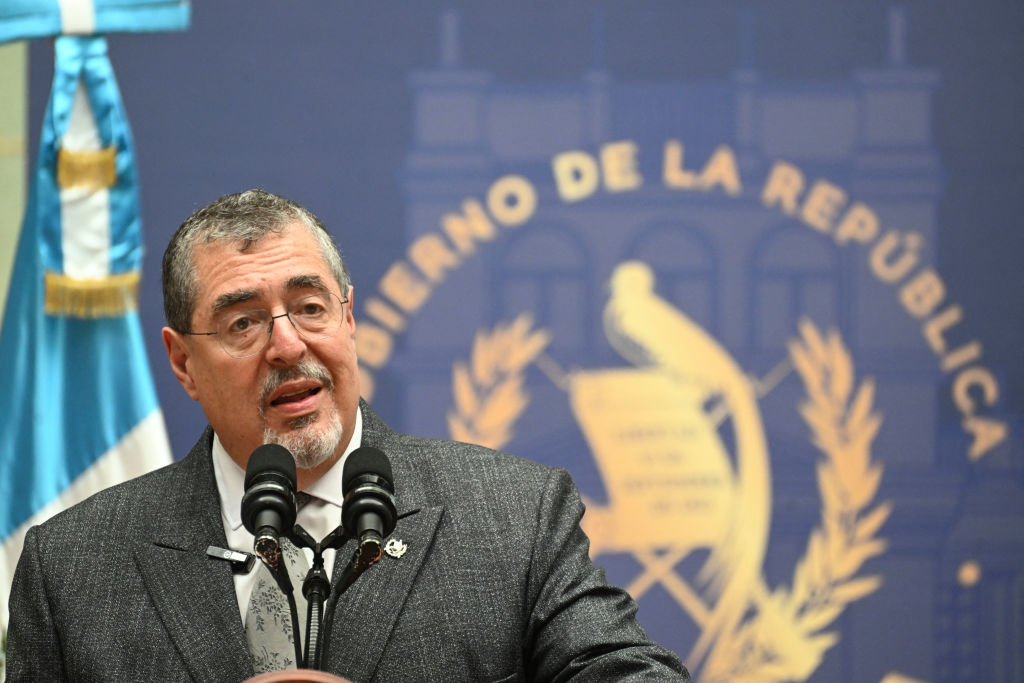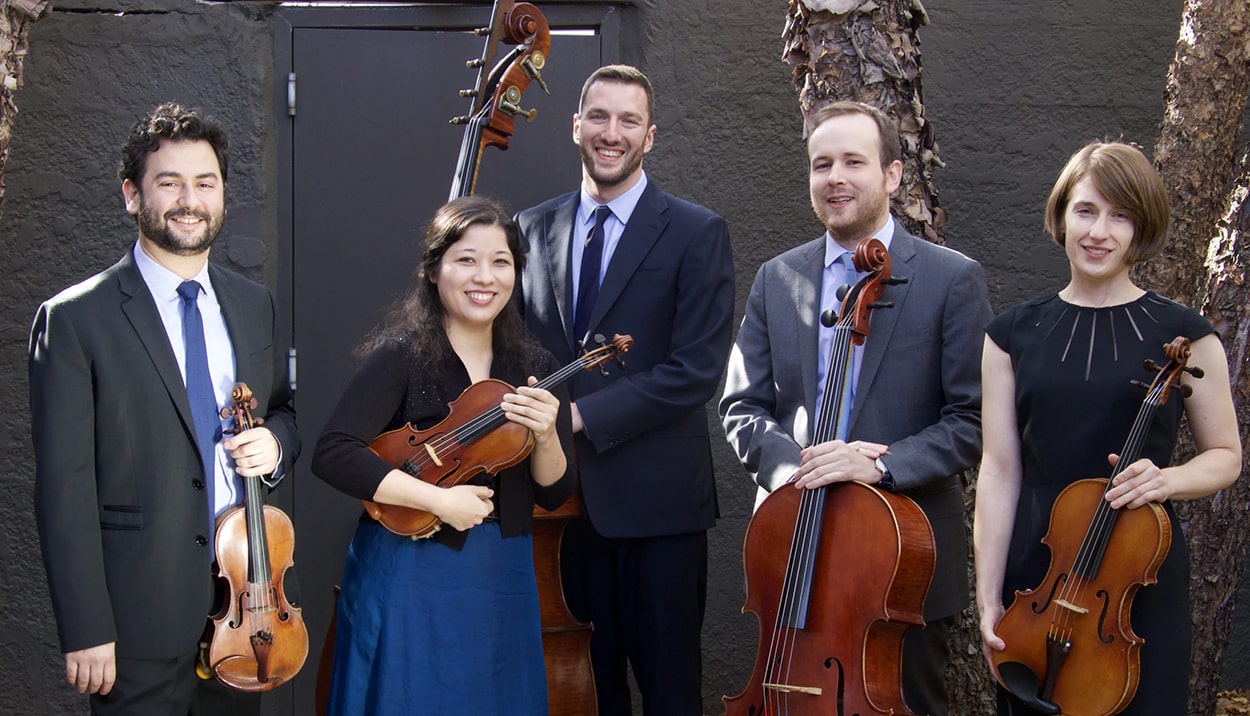Debating the Future of U.S. Policy on Cuba
Debating the Future of U.S. Policy on Cuba
U.S. presidential candidates square off this week over the future of Washington's Cuba policy. Meanwhile, Raúl Castro's government has passed limited reforms since taking office.
As U.S. presidential candidates step up attacks over proposed foreign policy, Cuba takes center stage this week during remarks delivered in Florida by the presumptive nominees. Speaking in Miami on May 20, Republican candidate Senator John McCain (R-AZ) argued that Washington should continue the economic embargo against Havana and for “more material assistance and moral support to the courageous human rights activists who bravely defy the regime.” The debate over the future U.S.-Cuba relations comes three months after Fidel Castro resigned following nearly five decades in power, effectively handing power over to his brother Raúl.
Yet McCain’s speech also gave him the opportunity to blast the Cuba policy proposed by his likely rival Democratic candidate Barack Obama, who is scheduled to deliver a speech at the Cuban American National Foundation on May 23. Obama has recommended moving toward normalizing relations and easing the embargo. Obama also voted against funding for TV and Radio Martí, a Miami-based service established during the Reagan administration to broadcast news to the island. McCain voiced support for continued funding for the Martí broadcasts, while lawmakers debate the television and radio stations' role.
A Baltimore Sun blog characterizes the speech as “more of that watch-out-for-appeasement talk” in which Republicans accuse Obama of taking a soft stance when it comes to foreign policy because of his expressed willingness to hold direct talks with leaders of countries such as Iran, Syria, Venezuela—as well as Cuba. New Mexico’s Governor Bill Richardson responded to McCain’s remarks by identifying his Cuba policy with the Bush administration’s and saying it “has failed to promote change in Cuba.”
The Democratic-Republican debate over the future of U.S.-Cuba policy occurs as the Bush administration draws attention to the plight of Cuban political prisoners and lack of personal freedoms on the island during “Day of Solidarity with the Cuban People” on May 21. Speaking at COA’s 38th Annual Washington Conference in early May, U.S. Commerce Secretary Carlos Gutierrez discussed the plight of several imprisoned Cuban dissidents and described May 21 as a day to “shine a spotlight on political prisoners” there. Gutierrez also characterized changes in Cuba since Raúl Castro came into power as “superficial.”
Castro’s government has implemented reforms allowing Cubans to stay in hotels previously reserved for foreign tourists and to legally purchase electronic goods such as cell phones and DVD players. Critics say that these changes remain luxuries in Cuba, where the average salary is $17.
A special report by the Committee to Protect Journalists explains that, five years after a Cuban crackdown on freedom of expression, more than 20 journalists remain in prison. Retired U.S. General James T. Hill tells CFR.org that Washington should normalize relations with the Cuban government, saying, “We isolated them and gave them a forum to blame everything on us.” Hill says normal relations would benefit Florida through development of a trade relationship. Orlando Gutierrez Boronat writes in the latest issue of Americas Quarterly, “No real change has taken place in Cuba. Yet.” He points to signs that the Cuban people are expressing deepening desire for personal and economic freedoms.







